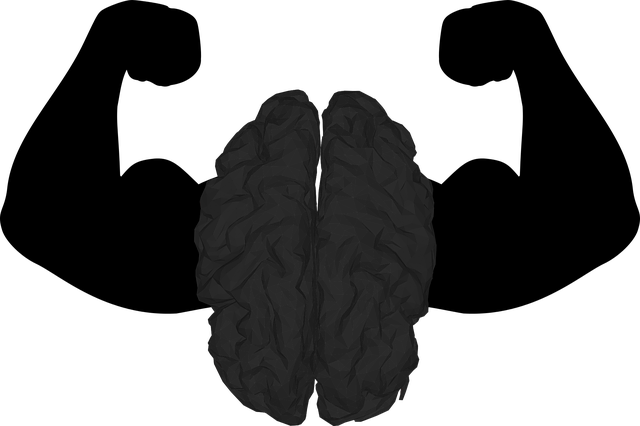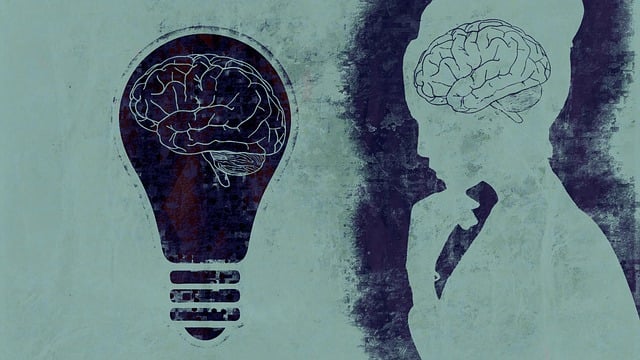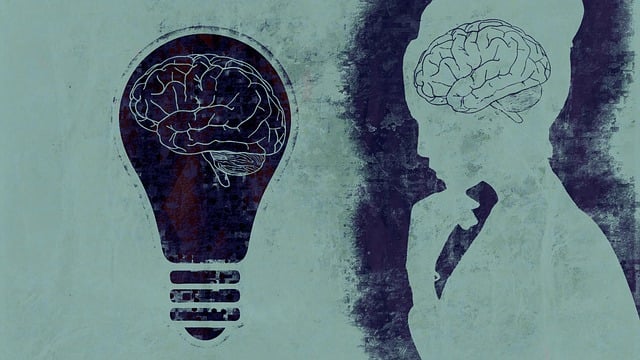Littleton Eating Disorders Therapy highlights self-care as a powerful tool for maintaining mental health. Through therapy, individuals learn that prioritizing personal time is essential for well-being and love. By incorporating routines like meditation, exercise, and hobbies, people can reduce stress, improve mood, and enhance overall resilience to life's challenges. Identifying and prioritizing self-care needs, based on physical health, mental state, relationships, and hobbies, leads to a transformative journey of self-discovery. This proactive approach, advocated by Littleton Eating Disorders Therapy, fosters a healthier, happier future through tailored strategies like regular exercise, mindfulness, adequate sleep, and nurturing social connections.
In today’s fast-paced world, self-care is an essential practice for maintaining mental wellbeing. This comprehensive guide explores the significance of self-care for your overall health, offering insights tailored to individuals seeking support from Littleton Eating Disorders Therapy. We’ll delve into identifying personal needs, setting priorities, and implementing effective strategies for sustained improvement. By embracing these practices, you can cultivate a resilient and balanced life.
- Understanding the Importance of Self-Care for Mental Wellbeing
- Identifying Personal Self-Care Needs and Priorities
- Implementing Effective Self-Care Strategies: A Guide for Sustained Improvement
Understanding the Importance of Self-Care for Mental Wellbeing

Self-care isn’t a luxury but a necessity for maintaining good mental health, especially in today’s fast-paced and demanding world. At Littleton Eating Disorders Therapy, we emphasize the profound impact of self-care practices on fostering emotional regulation and boosting confidence. In our therapy sessions, we guide individuals to recognize that taking time for themselves is not selfish but an act of self-preservation and love.
By incorporating self-care routines, whether it’s meditation, exercise, or engaging in hobbies, individuals can significantly reduce stress levels, improve mood, and enhance their overall sense of well-being. This proactive approach to mental wellness enables people to navigate life’s challenges with greater resilience and a deeper understanding of their emotional needs.
Identifying Personal Self-Care Needs and Priorities

Identifying your personal self-care needs is a powerful first step toward improvement. It’s unique for everyone; what brings peace and nourishment to one person might differ entirely for another. At Littleton Eating Disorders Therapy, we emphasize the importance of understanding your individual requirements. This process involves introspecting and acknowledging various aspects of life where you seek balance and harmony. Consider your physical health, mental state, relationships, and hobbies—each domain contributes to your overall emotional well-being promotion techniques. Reflecting on moments when you feel most alive and at peace can guide you in prioritizing self-care activities that resonate with your soul.
Prioritizing these needs is crucial, especially when dealing with challenges like anxiety relief or building confidence. Some may find solace in practices such as meditation or deep breathing exercises for anxiety relief, while others might require creative outlets to boost their confidence and express themselves. By recognizing and catering to these personal priorities, you embark on a journey of self-discovery, fostering a healthier and happier version of yourself.
Implementing Effective Self-Care Strategies: A Guide for Sustained Improvement

Implementing effective self-care strategies is a powerful tool for improving mental health and overall well-being. At Littleton Eating Disorders Therapy, we understand that taking care of oneself goes beyond occasional pampering; it’s an ongoing practice essential for sustained growth. By incorporating tailored self-care routines, individuals can better manage stress, prevent depression, and enhance their ability to navigate life’s challenges.
These strategies often include a combination of activities such as regular exercise, mindfulness practices, adequate sleep, and nurturing social connections. For instance, engaging in conflict resolution techniques can reduce the impact of stressful situations, while incorporating stress reduction methods like meditation or deep breathing exercises can help lower anxiety levels. Remember, self-care is not one-size-fits-all; it’s about discovering what works best for you, ensuring a healthier and happier future.
Self-care is a transformative journey, and by understanding its significance and implementing tailored strategies, individuals can achieve lasting mental wellbeing. This article has guided readers through the essential steps of identifying personal needs, prioritizing self-nurturing practices, and adopting effective strategies for continuous improvement. At Littleton Eating Disorders Therapy, we recognize that embracing self-care is a powerful tool in navigating life’s challenges and fostering resilience. Embrace these practices to nurture your mind, body, and soul, leading to a more balanced and fulfilling life.














